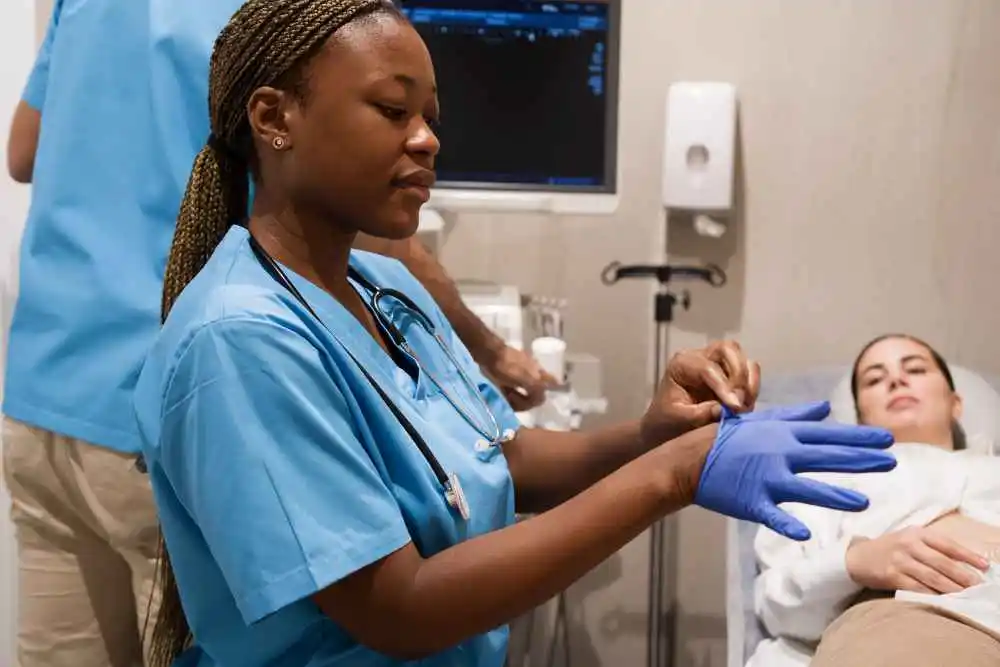
There are few Gastroenterology medical facilities that can match the capabilities of Choithram Hospital. The gastroenterology department at our hospital is perceived as offering condition-of-workmanship clinical excellence in treating different issues associated with the gastrointestinal plot, liver, biliary pipe, gallbladder, colon, pancreas, little insides, and so forth. There are a variety of methods and assistance offered to patients with GI issues by exceptionally qualified and well-trained gastroenterologists. Our panel expands to incorporate general surgeons, GI specialists, and well-trained nursing staff.
What is gastroenterology?
Gastroenterology focuses on the study of the digestive system and the treatment of diseases associated with it. It deals with the following:
Patients with chronic and acute gastrointestinal disorders are provided with the best care by a group of doctors and technicians. However, the two most important procedures are widely followed to assess these diseases, which are Endoscopy and Colonoscopy.
Exceptional Quality Equipment for Accurate Assessment
Endoscopy
As a top-tier hospital for Endoscopic Procedures and Surgeries, we have a dedicated Endoscopy Department equipped with the highest quality instruments. In endoscopy, minimally invasive screening techniques are recommended by doctors. These approaches are used as preferable alternatives to open surgery because they do not create severe pain; in comparison to invasive or open surgical methods, they only cause slight irritation and pain; leaving very minimal wounds as compared to open surgery. It results in fewer hospital stays and faster recovery.
How Do Endoscopies Work?
An endoscopy is primarily used to examine and detect abnormalities in the upper gastrointestinal tract. We have the esophagus, stomach, and duodenum in our upper gastrointestinal region, which is the first part of our digestive system.
The endoscopy test examines the upper gastrointestinal region non-invasively. In addition to detecting ulcers, tumors, inflammation, infection, or abnormal bleeding in the gastrointestinal tract, it is effective for detecting other symptoms as well.
An endoscopy of the gastrointestinal tract can also detect inflammation, tumors, or cancerous tissues within the body. This tool is useful for removing polyps (abnormal growth) or collecting samples for biopsies.
Colonoscopy
Colonoscopy is a procedure that allows you to view the interior of the colon and rectum.
How Does Colonoscopy Detect Problems?
Colonoscopy involves inserting a flexible, lighted tube into the rectum and slowly guiding it into the colon. The scope gives the doctor a better view. The scope is equipped with a small camera that transmits video images from inside the large intestine to the doctor's computer screen.
The purpose of a colonoscopy is to diagnose the cause of colon-related disorders. Some of them include:
Biopsy
During endoscopy and colonoscopy, the doctor can also take samples of abnormal-looking tissues and send them for histopathology reporting.
Post-endoscopy and post-colonoscopy care at our department
After most of the effects of the medication wear off, you will be observed closely. You may feel temporarily bloated after the test because the air was introduced into your stomach. You can eat after you leave the hospital unless your doctor instructs you otherwise.
If you receive sedatives, you won't be able to drive after the procedure, even if you don't feel tired. The sedatives may affect your judgment and reflexes for the rest of the day. Experts at Choithram Memorial Hospital provide you with the utmost care and precise guidance before you get a discharge.